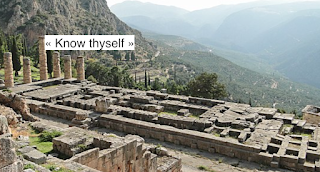Experimentation in logic course reform at the UPJV in 2023
It has been four years since in January 2020 I started teaching the logic course for the first-year students at the Department of Computer Science at the University of Picardie Jules Verne (UPJV) in France.
The first "World Logic Day" was held just on January 14, 2020, so my logic course are held every year on the occasion of « World Logic Day » (https://unesdoc.unesco.org/ark:/48223/pf0000371483_fre):
- A dynamic and global annual celebration of World Logic Day aims at fostering international cooperation, promoting the development of logic, in both research and teaching, supporting the activities of associations, universities and other institutions involved with logic, and enhancing public understanding of logic and its implications for science, technology and innovation.
My basic idea is that I hope to use logic not only as a tool for science and technology, but also as a practice of "critical thinking". Therefore, I have experimented with a reform of the logic course with my colleagues, and the main elements of which are as follows.
1. A holistic view of logic
Traditional logic teaching usually separates « form » from « content » and focuses on « form ». Considering that "form and content" are complementary and form a whole, I emphasize that logic works in "two worlds": the real world and the world of representation, and try to integrate practical scenarios into exercises.
2. Recognizing Logical Fallacies
The goal is to increase students' awareness of fallacies by designing a small project in which the students practice identifying simple fallacious reasoning and develop an initial understanding of "paradoxes".
We hope to take a meaningful logic journey with our students this year, …
Thanks to all the colleagues who taught this course together :
Aristotelis Giannakos
Vincent villain
Marisela Hernandez
Frédéric Furst
Marylin Rosselle
Nicolas Guiomard-Kagan
Monika Trimoska
Fabien Viton
Clemence Mauger
Sulamithe Tsakou



Commentaires
Enregistrer un commentaire